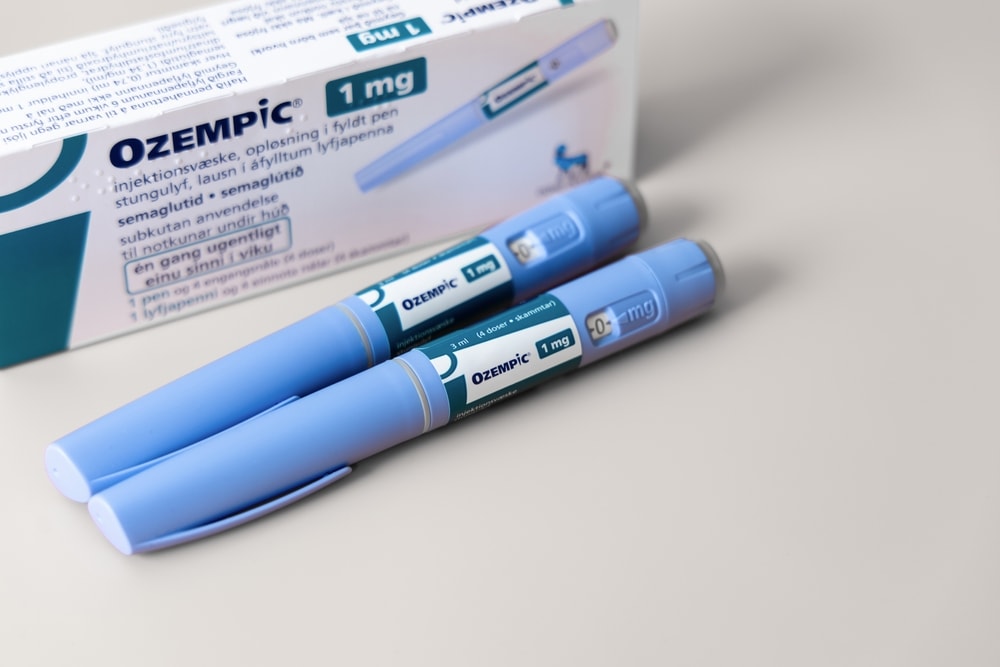Nearly 80% of all clinical trials will experience significant delays, with as much as 50% of research sites failing to enroll more than one patient. The success of clinical trials primarily hinges on the individual sites chosen by the sponsor. Site selection is easily one of the most critical stages of the clinical trial development process.
In a perfect world, all clinical research sites would be prepared to run trials without a hitch; however, that is not the reality. Sponsors frequently face challenges with inadequate sites that are ill-equipped to manage their trial’s specific needs. Spotting the red flags during site selection can save sponsors time and money. Read on to learn about five crucial warning signs that a site may not be the right fit for your clinical trial.
1: Inexperienced Staff
To ensure collection of the highest quality clinical research data, sponsors must take careful note of the qualifications, previous training, and experience of the staff at a site. If the research coordinators have little to no prior exposure to onboarding and running a new clinical trial, there will be a significantly higher risk of protocol deviations which may impact data integrity. Specifically, amateur sites that have no source of guidance to rely on will likely exacerbate any delays that your trial may encounter. Obtaining current clinical research certifications, especially for Good Clinical Practices (GCP) training, can be useful in helping you recognize when a site is not sufficiently familiar with standard ethical, regulatory, and contract processes of a trial start-up.
2: Site Recruitment History
When selecting a site for your clinical trial, ensure you choose one with a good track record. A site may have well-trained personnel, but its track record with recruitment and previous clinical trials can get overlooked during the selection process. One sign that should cause sponsors to pause is a recurring pattern of overestimating enrollment targets. Clinical studies inherently face recruitment challenges as it is; therefore, sites with a history of overpromising and under delivering patients may not be the best fit. Ultimately, sponsors need to be able to depend on and trust the sites managing their clinical trials. To ensure a better trial outcome, look for warning signs of sites with a limited, irrelevant, or underwhelming track record for your trial’s particular indication or intervention.
3: Operation Limitations
Operation and logistical limitations such as staffing inefficiencies and poor site location can significantly affect a trial’s success. Understaffed sites can lead to poor patient care, lower productivity, and inflated budgets. If there aren’t enough study coordinators or nurses available to support the trial, start-up and enrollment processes will proceed more slowly. Furthermore, a trial may suffer if a selected site’s geological location is unfavorable or challenging for patients to travel to for their scheduled visits.
Interestingly, these issues can affect even the most experienced sites. When a clinic has demonstrated successful enrollment, they often are repeatedly selected for additional trials. Occasionally, a site’s success can become too much to handle, and the availability of participants, site staff, and physical space begin to dry up as their resources become spread too thin. Sponsors should take note of whether a potential site can logistically accommodate their clinical trial.
4: Site Location
Many view clinical trials as burdensome to patients due to frequent on-site visits, which can last for hours. Patients are the number one factor in whether or not a clinical trial is successful, which is why all studies must be designed with the patient in mind. A patient-centric trial ensures that their needs are met every step of the way. Part of a patient-centric clinical trial is providing patients accessible travel accommodations for on-site visits. If a site’s location is in an area that is challenging for patients to get to, they will stop participating.
We touched on this above, but it deserved its own slot, as it’s an essential factor for sponsors to consider when selecting a site. When a site is isolated from its target population, there is a greater risk of insufficient recruitment numbers, ultimately leading to poor trial results.
5: Investigator Expertise
The principal investigator (PI) is ultimately responsible for all clinical trial activities, including ensuring that all staff on their team are adequately trained and certified. Sponsors should pay close attention to who the PI is at a potential site. Look for clinical sites managed by a qualified physician or scientist familiar with the indication or intervention needed for your clinical trial. Selecting a PI whose expertise is demonstrably mismatched to your study opens the door for significant protocol deviations and recruitment issues from lack of understanding and access to ideal target populations.
Use a Trusted Partner
Complications are inevitable in any clinical study; however, you can minimize these challenges by looking for the warning signs when strategically selecting sites. For biotech companies looking to avoid the struggles of site selection, using a trusted partner can streamline the process.
Many sponsors will utilize contract research organizations (CROs) to aid in their search for preferred sites. CROs like Vial are an excellent resource for getting trials up and running. Vial is a tech-enabled CRO providing next-generation clinical trial management services that deliver faster, more efficient trials for less. Our Vial Preferred Site Network offers easy site selection from a collection of highly qualified investigators experienced across various therapeutic areas and indications.
Connect with us today to streamline your clinical trials and accelerate the development of new therapies for patients.



